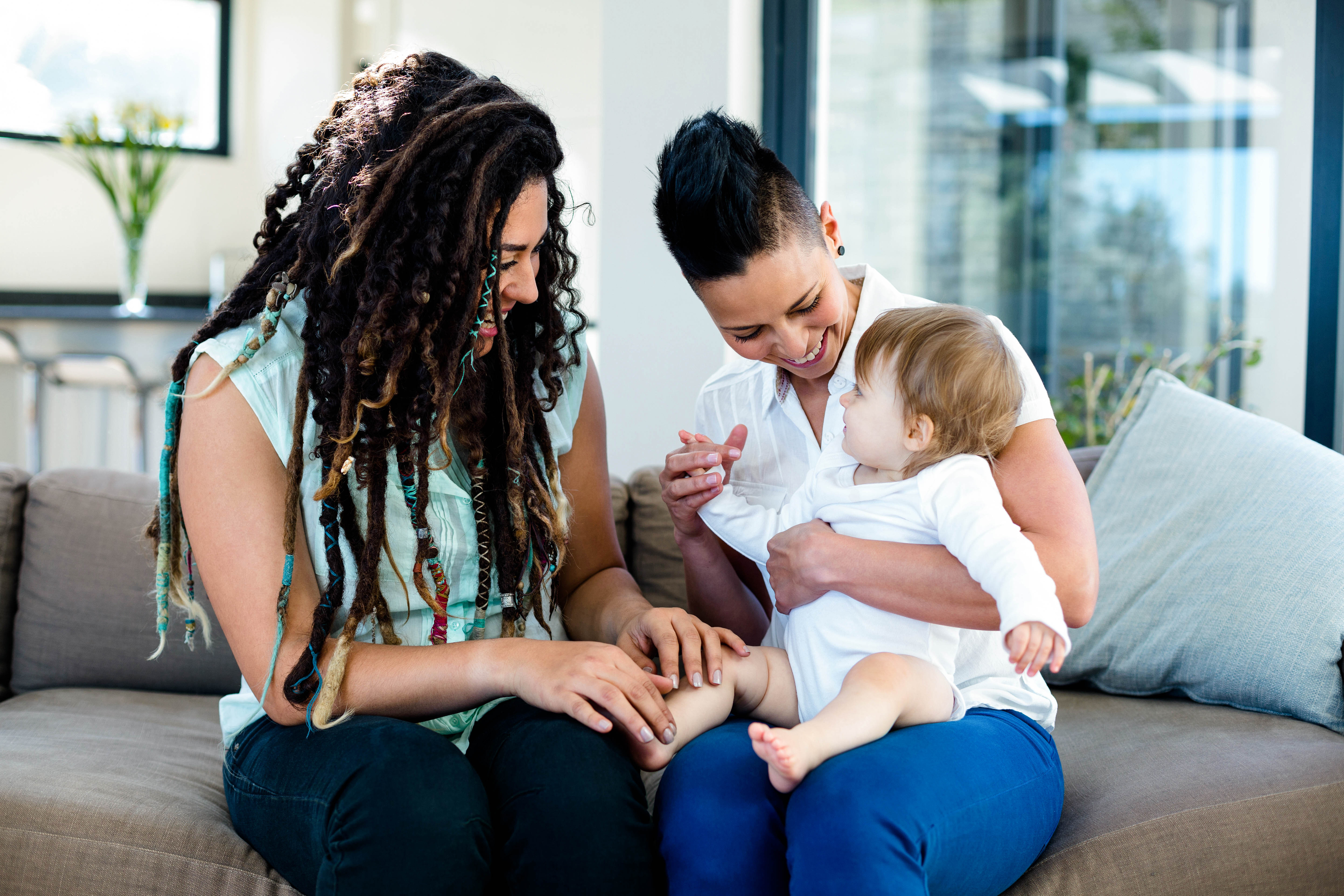 Masson v Parsons [2019] HCA 21
Masson v Parsons [2019] HCA 21
Yesterday, the High Court of Australia ruled that a sperm donor was a legal parent with the inherent rights and roles that arise therefrom.
Family law issues rarely arise for determination in the High Court however an issue as unique as this was considered appropriate for consideration.
In 2006 a girl was conceived using sperm from a known donor.
The donor father remained in close contact with the family, introducing her to his family and volunteering at her school. In Court the man was known as Robert.
The child called the donor “daddy”. She had a sister (not the same donor father) who also called the man “daddy”.
The legal stoush between the donor and the Mother arose when the Mother, with her same sex partner, decided to move to New Zealand.
The donor father did not agree and sought to challenge their proposal in the Family Court of Australia.
At the initial trial, the donor father was successful, with the Court determining that there was more to parenthood than biology and concluding that “the children will do best if Susan and Margaret make the long-term decisions about their future in consultation with Robert. Susan and Margaret were not permitted to relocate to New Zealand.
The Mothers appealed this decision, relying upon NSW legislation which specifically dealt with the legal rights of a sperm donor in same sex IVF treatment. They were successful in their appeal.
Robert sought and obtained leave to appeal to the High Court given the apparent conflict between the Commonwealth Family Law Act and the NSW legislation.
The Constitutional issue resulted in the Commonwealth government intervening and supporting Robert’s case and the Victorian Attorney General supporting the Mother’s case.
The High Court found, by majority that the NSW law was not applicable, and the Commonwealth definition of parent should be applied.
It stated that “the term sperm donor suggests that the man in question has relevantly done no more than provide his semen to facilitate an artificial conception procedure on the basis of an understanding that he is thereafter to have nothing to do with any child born”. It found that those were not the facts of this case.
The successful High Court appeal returned the parents to the original Family Court orders, requiring consultation with Robert about long term issues and time arrangements.
The High Court ruling will have far reaching impacts upon donor arrangements and for this reason, it is recommended that when there is a known donor providing genetic material for IVF or Surrogacy, a known donor agreement ought to be entered.
Whilst not legally binding, the statement of intentions contained therein will have an impact on any court proceedings which may arise in the future.
Marino Law’s Family Law Partner, Abbi Golightly has extensive experience in issues relating to donor assisted fertility and all other matters pertaining to assisted reproductive technology as it impacts family law. Contact us to discuss your needs in relation to these types of matters on 55260157.

